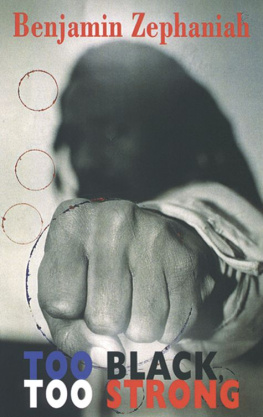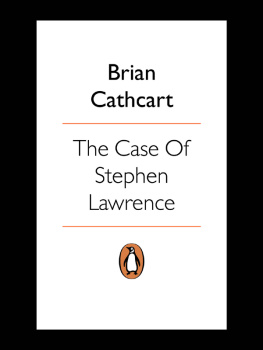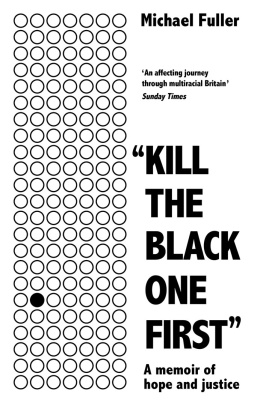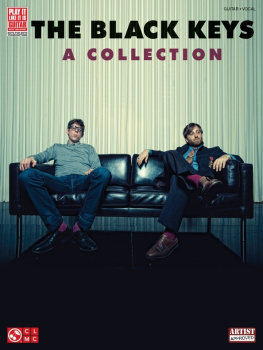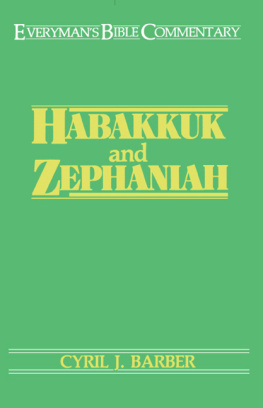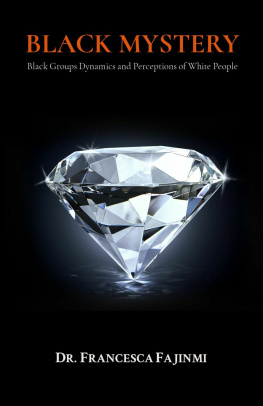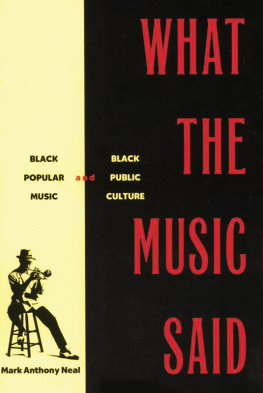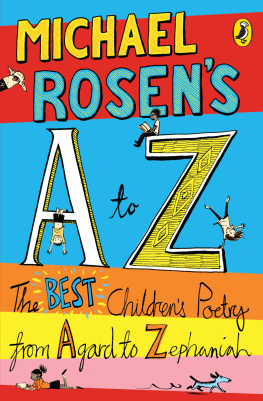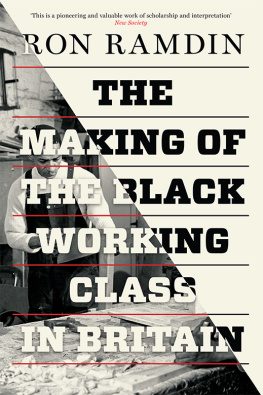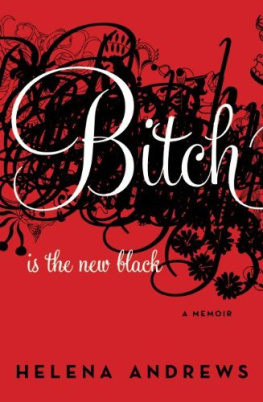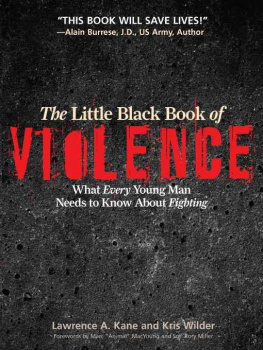In February 2000 I started a residency at Tooks barristers chambers in London.
In February 2000 I started a residency at Tooks barristers chambers in London.
The residency was sponsored by The Poetry Society and although it was officially scheduled to run for 48 days I lost count of the days but spread my time there over a year. Poems in this book written during that period and inspired by the residency are: To Ricky Reel, To Michael Menser, Having a Word, Appeal Dismissed, Chant of a Homesick Nigga, I Neva Shot De Sheriff, Adultery, Two Dozen Babylon, Knowing Me, Derry Sunday, and The One Minutes Of Silence. Other poems from that residency not included here were written for performance only. I would like to thank The Poetry Society for thinking up such an interesting residency and for putting up with my unorthodox approach to it, and everyone at Tooks who made me so welcome and managed to endure a year of me following them to court, questioning them, and loitering with intent. The administrators, the barristers, the clients, all helped to make my time with them the best term I have ever served. With one or two exceptions the poems in this collection were written between the years 1997 and 2000.
I have also included poems that started life as commissions: What If was originally commissioned by BBC Television, What Stephen Lawrence Has Taught Us by Independent Television News (ITN) for Channel Four News (and afterwards printed in The Guardian), Carnival Days by The Post Office, The London Breed by The Museum of London, and Heroes is one of three poems commissioned by Sheffield City Council and carved into buildings in Rockingham Street in the centre of Sheffield. Although you can find me on various Internet sites, there is one genuine Benjamin Zephaniah site: http://www.benjaminzephaniah.com
CONTENTS
Britain is a wonderful place. It is a nation of shopkeepers, aristocrats, farmers and animal lovers, all at the same time. It has the mother of all parliaments, its inhabitants enjoy free speech and the right to vote in open elections and it is so confident that it doesnt need a written constitution. Its cities are havens for the young; they pulsate to the music of the world, and though the skies may be grey for much of the year the streets are coloured by its people who now talk about raving just as much as they talk about the weather. The cities rock.
The same can be said for many of its towns; they may not have received the title of city from the Crown or be the seat of a bishop, but they still have the attitude and the rhythm of the city. Above all the capital city shines magnificent through its pollution; it is amongst the heavyweights of cities: here it is estimated that over three hundred languages are spoken. But Britain is not just a collection of cities. The quaint beauty of the Lake District continues to inspire poets, and the grandeur of the Scottish mountains is famous all over the world. I have always admired the splendour of the Welsh Valleys; it seems to me this area represents both the picturesque and industrial side by side, for it is here that many of the nations coalmines are to be found. In fact many of those coalmines were closed down in the 1980s and they have now become tourist attractions, and a chosen few coal miners who were once doomed to a life of unemployment are now paid to show you what they used to do.
The same fate has fallen upon coalmines all over Britain. But Britain is not just a collection of unused coalmines or museums, what of British culture? Well, to date, Britain has 21% of all major Oscars; 13% of television programmes shown at peak times worldwide are made in Britain; our pop music keeps conquering America; everyone knows of William Shakespeare and the Bront Sisters, but what of the Teletubbies? Well they are one of the biggest single export products ever. All of the above represent an idea of Britain; we pick what we want to represent us depending on what type of subject we are. The title of British means many things to many people; some choose to remain forever nostalgic for its days of former greatness when Shakespeare was Top of the Pops and the sun never set on the empire, whilst for others its about the melting pot, bursting with vitality and smiling multiculturalism. The latter will tell you that it is the great British Indian curry that binds us together; these people are out to carve out a new idea of Britishness and feel hindered by those whose only purpose is to preserve the past. We are all imagining Britain, but thats a luxury, whats the reality? It is a place where African-Caribbean women make up 14% of the female prison population, whereas African-Caribbean people as a whole only make up 1.3% of the population of Britain.
African-Caribbean and Asian people together make up 5.6% of countrys population but 16% of the prison population . Anybody who knows anything about Britain knows that you are five times more likely to be stopped and searched by the police if you are African-Caribbean; its also worth knowing that over 130,000 racist attacks happened in the year 2000. These figures werent given to me by friends and family, these are official figures, government figures, the Commission for Racial Equality figures, and anybody who knows anything about official figures will also know they usually fall very short of the mark. Many of us Brits are easily deceived; even I used to believe that the country was becoming overcrowded and the reason why so many Asians open corner-shops was that they didnt have the education to do anything else. The truth is that in the year 2000, 11,000 more people left Britain than entered, and over half of those given work permits were from the USA; and one out of every five Asian shopkeepers has a university degree: when asked almost every one of them said they opened up their own business because of racial discrimination by employers. What refugees? From being totally uninhabited Britain has constantly taken in new visitors, be they Picts, Celts, Angles, Saxons, Chinese, Jamaicans, Jutes, Huguenots.
All of them, with the possible exception of the Romans can be classed as refugees of one type or another. Some were fleeing religious persecution, others political persecution or racial persecution ; some were even fleeing persecution from the weather, e.g. hurricanes and floods, but we all came here from somewhere . So in theory Britain should be the last place on earth where you should find racism. But the reality is that many people are suffering from what I call the last off the boat syndrome. They conveniently forget their journey here and now live in the fear that Britain will be flooded by penniless asylum seekers who would then drain our precious society of everything they hold dear.

